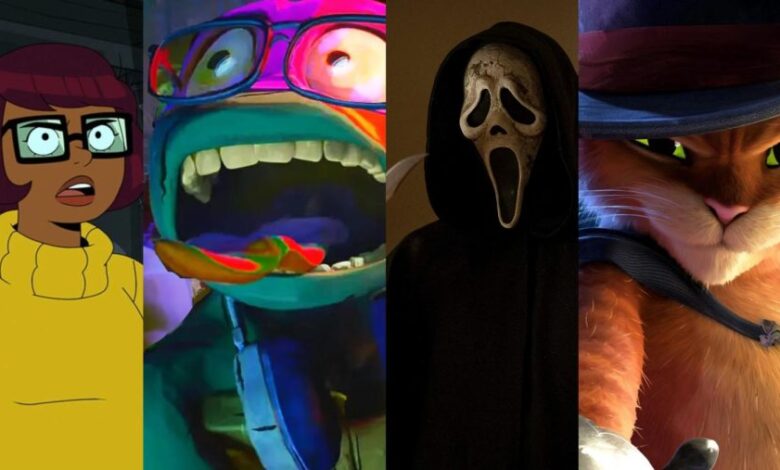The trend toward remakes and reboots in film and TV

In recent years, there has been a noticeable trend toward remakes and reboots in film and TV. This refers to the practice of creating new versions of old films or TV shows, often with updated visuals and modern sensibilities.
One reason for this trend is the potential financial gain from established franchises or well-known properties. By creating a new version of an old film or TV show, studios can tap into the nostalgia of audiences and attract a built-in fan base.
Additionally, remakes and reboots can allow for modern updates and improvements to older stories. Advances in technology can enhance special effects, and changes in cultural attitudes can allow for more diverse casting and updated storylines.
However, some critics argue that the reliance on remakes and reboots can stifle creativity and prevent the development of new and original ideas. Others argue that the quality of remakes and reboots can vary greatly, with some being faithful adaptations while others may deviate too far from the source material.
Overall, the trend towards remakes and reboots in film and TV is likely to continue as long as there is a demand from audiences and a potential for financial gain. However, it is important to balance the creation of new content with the preservation and appreciation of older stories.
Furthermore, the trend toward remakes and reboots can also be attributed to the rise of streaming services such as Netflix, Amazon Prime, and Hulu. These platforms are constantly looking for new content to attract and retain subscribers, and remakes and reboots can be a safe bet in terms of drawing in audiences.
Another factor is the current cultural climate, where people are increasingly looking for familiarity and comfort in their entertainment choices. Revisiting a familiar story or character can provide a sense of nostalgia and comfort in uncertain times.
However, the trend is not without its criticisms. Some argue that it reflects a lack of creativity in the entertainment industry, with studios opting for safe and profitable choices rather than taking risks on new and original content. Others argue that it can lead to a saturation of the market with too many remakes and reboots, leaving little room for new ideas and fresh voices.
In response, some studios have made efforts to strike a balance between remakes and original content. For example, Disney has been investing in both live-action remakes of classic animated films and new original content such as the Marvel Cinematic Universe.
Overall, the trend towards remakes and reboots in film and TV is complex, with both pros and cons. As long as audiences continue to show interest in revisiting familiar stories and characters, studios will likely continue to produce remakes and reboots. However, it is important for the industry to also prioritize and invest in new and original content to keep audiences engaged and excited.



